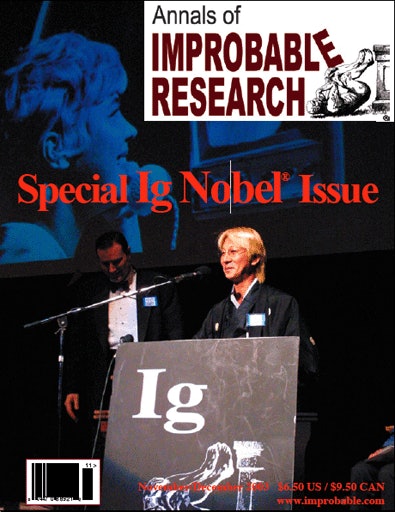We’ve employed observational research here on the Channel 19 blog from time to time, most memorably (for us, and by that I mean me, of course) during the hard-hard times of early 2009, when we attempted to track freight volumes counting the numbers of trucks passing on the other side of the highway daily during our long commute to Overdrive‘s Tuscaloosa, Ala., offices from Birmingham. (Results, “A recovery of one’s own,” were published here.)


While I don’t know if it’d make you feel any better about the driving behavior of your fellow interstate highway travelers if you were to become primarily an observer of phenomena whilst navigating the freight corridors of the fine old U – S – of – A, results I’m certain could well be inspiring, particularly from those of you with regular-route opportunities out there. How have instances of four-wheelers not using turn signals for lane changes between Atlanta and Knoxville during the month of September changed over the years? How many cut-offs can a truck owner-operator expect during December on I-65 between Nashville and Louisville? Just imagine the intelligence reports we could write!
A bigger question is begged, however: Could we use said intelligence?
Abrahams notes that nearly all of Trinkaus’ reports tend to document decline, a worsening or coarsening of human behavior measured by basic acceptable standards of human decency. So for him, perhaps the coping mechanism of building something useful out of the offending behavior — making visible and numerical the apparent decline of civilization, or at least of politeness — is a use unto itself. Or, heck, given how “data-driven” many seem to want our world to become, seeing the numbers could ping us back in the other direction. I don’t know about you, but I’ll certainly think about Trinkaus the next time I come to the stop sign at the end of my street…











